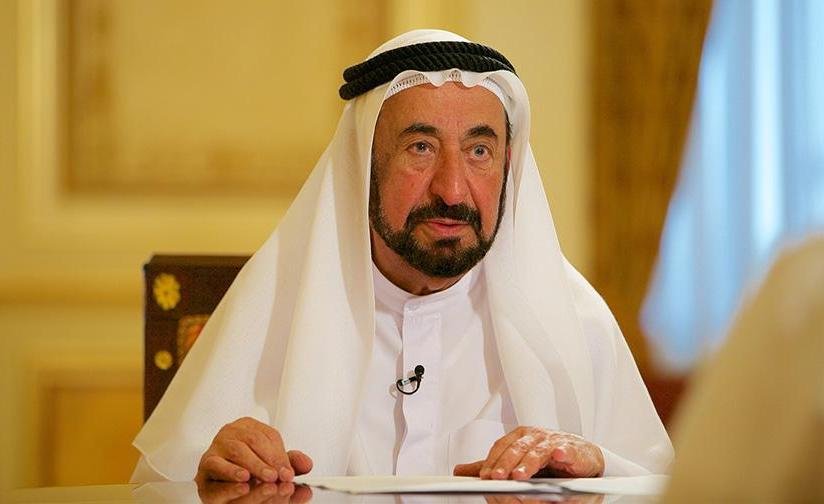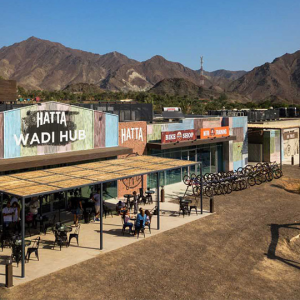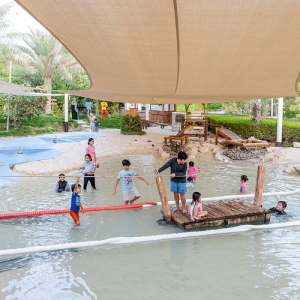In a powerful move to spread hope and forgiveness, the Sharjah Ruler releases 439 prisoners ahead of Eid Al Adha 2025. His Highness Dr Sheikh Sultan bin Muhammad Al Qasimi, Supreme Council Member and Ruler of Sharjah, ordered the release as part of his ongoing humanitarian efforts to support rehabilitation and reunite families in time for the holy occasion.
This decision reflects the values of compassion, mercy, and generosity that are deeply rooted in Islamic teachings, especially during important religious celebrations like Eid Al Adha.
Why the Release Matters for Sharjah and the UAE
The early release of 439 prisoners is more than just an act of kindness. It has a wide-reaching impact on society:

- Restoring families: Dozens of families will now have their loved ones home in time for Eid.
- Encouraging second chances: Many of these individuals will get a fresh opportunity to rebuild their lives.
- Reducing pressure on correctional facilities: By releasing low-risk inmates, Sharjah’s justice system also improves operational efficiency.
This royal pardon reflects the deep commitment the Sharjah government has to social harmony, reintegration, and justice that balances accountability with empathy.
Who Qualifies for the Sharjah Prisoner Pardon?
The process of selecting prisoners for release is done with care and consideration. According to judicial authorities in Sharjah, the individuals chosen:

- Were serving sentences for non-violent or financial crimes.
- Showed good behavior while in prison.
- Are considered low risk for reoffending.
- Have demonstrated remorse and a willingness to change.
This shows that the initiative is not just symbolic but also rooted in a practical and responsible system of justice.
A Time of Reconnection and Rebirth

Eid Al Adha, also known as the Festival of Sacrifice, is a sacred time for Muslims around the world. It’s a moment to reflect on personal growth, community support, and acts of kindness. The Sharjah Ruler’s release of prisoners captures this spirit perfectly.
For many families in Sharjah and across the UAE, this decision brings joy and emotional relief. Children will once again see their parents. Parents will be reunited with their sons or daughters. Entire communities will experience the ripple effect of this act of mercy.
Past Prisoner Releases Show Consistent Royal Support
This is not the first time His Highness Sheikh Sultan has granted such pardons. Over the years, he has made it a point to offer similar gestures before major Islamic festivals like Eid Al Fitr and Eid Al Adha.
These regular releases highlight his dedication to:
- Rehabilitation over punishment
- Community healing
- Faith-based leadership grounded in Islamic values
The consistency of these pardons reinforces the belief that justice should serve both accountability and compassion.
How Families and Communities Are Reacting
News of the prisoner release has spread quickly across the emirate. Social media channels, local news outlets, and public forums are filled with reactions from grateful families and community leaders. Here’s what some are saying:
“We have waited so long. Now my brother will finally be home for Eid,” said one Sharjah resident.
“This decision shows why we respect and love our Ruler. He always thinks of the people,” added another.
These voices capture the emotional impact of the move—not only on the prisoners but on the entire community.
A Model for Compassionate Governance
The decision by the Sharjah Ruler to release prisoners serves as a model for other governments in the region and beyond. It reflects a deep understanding of social justice that prioritizes rehabilitation and reconciliation.
By offering prisoners a second chance, the Sharjah leadership also encourages personal reform. Former inmates, aware of the privilege they’ve been granted, often return to society with renewed purpose and dedication to contributing positively.
A Broader Trend in the UAE During Festive Times

Sharjah is not the only emirate to grant pardons during religious holidays. Similar prisoner releases have taken place in:
- Dubai
- Abu Dhabi
- Ajman
These acts of mercy are often coordinated between the Rulers’ courts, police departments, and judicial authorities to ensure transparency and fairness.
This coordinated effort shows a unified approach within the UAE to celebrate holy occasions with meaningful social impact.
Looking Ahead: The Real Test Begins After Release
While the release is certainly good news, it’s also the beginning of a new journey. Reintegration into society poses challenges such as:
- Finding employment
- Rebuilding trust with family and community
- Staying away from past negative influences
To support these individuals, Sharjah’s government and NGOs often run post-release programs including:
- Job training workshops
- Counseling and mental health services
- Mentorship opportunities
The goal is to ensure that each released prisoner becomes a productive, responsible member of society again.
Conclusion: A Gesture of Hope, Mercy, and New Beginnings
By releasing 439 prisoners just before Eid Al Adha, the Sharjah Ruler has once again shown what compassionate leadership looks like. This powerful gesture offers not only freedom but also faith, forgiveness, and a new path forward.
It’s a reminder that in times of celebration, the greatest gifts can be mercy, second chances, and the healing of families. In Sharjah, this Eid will now be remembered not just for its religious meaning—but for the lives that were changed by an act of royal grace.
Read More: Blackspire Partners Expands Gulf Operations with Regional Lead Omar Abdelmonem












